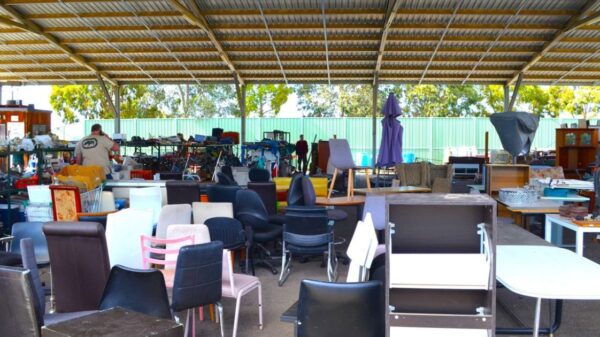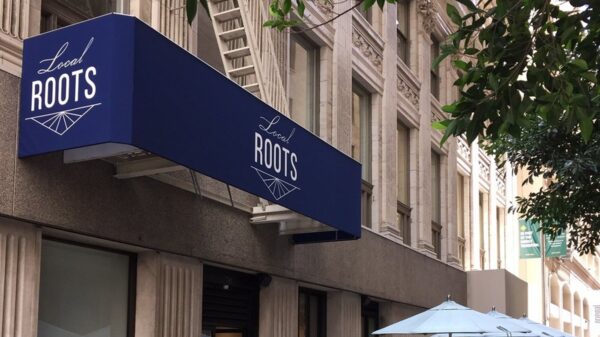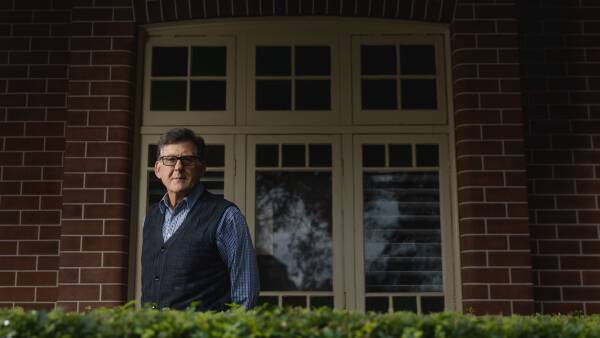UPDATE: Western Australia is now at the forefront of the global rare earths market, with significant international attention focusing on its resources industries. Just announced at the G7 meeting, officials from around the world are looking to Australia as a vital player in solving critical mineral supply chain issues.
The urgency surrounding critical minerals has intensified, especially following the signing of the US-Australia Framework on October 20, 2023, by Prime Minister Anthony Albanese and President Donald Trump. This landmark agreement will drive an immediate investment surge into Australia’s critical minerals sector, paving the way for an estimated $13 billion pipeline of projects aimed at diversifying global supply chains.
The first project to benefit from this investment is the Alcoa-Sojitz Gallium Project in Wagerup, which is backed by the Australian, US, and Japanese governments. This initiative is crucial for enhancing gallium supply chains, a metal essential for high-tech devices such as radar, lasers, and 5G chips—key components for modern defense and communication technologies.
While Australia is not a G7 member, its invitation to participate highlights its leadership in establishing new supply chains and promoting transparency in global markets. The G7 ministers have endorsed stronger international cooperation to secure sustainable and resilient critical minerals supply chains, vital for industries striving towards net zero emissions by 2050.
In a statement, Minister for Resources and Northern Australia, Madeleine King, emphasized Australia’s role as a reliable and stable supplier of energy. She confirmed that Australia’s liquefied natural gas (LNG) provides critical energy security, particularly for regions like Japan and South Korea. King highlighted that gas is indispensable for supporting renewable energy while powering the processing of critical minerals.
The Albanese Government has marked significant milestones, investing over $28 billion into the critical minerals sector since 2022. This includes a remarkable $17 billion Critical Minerals Production Tax Incentive aimed at boosting onshore processing capabilities. Furthermore, a $1.2 billion critical minerals strategic reserve is in the works, expected to launch by late next year.
King recently joined Canada’s Minister for Resources and Energy, Tim Hodgson, to sign a joint declaration on critical minerals cooperation. This agreement could potentially lead to further investments in strategic reserves in both countries, signaling a united front to address global supply chain vulnerabilities.
As the world pivots to address critical mineral shortages, Australia’s commitment to high safety standards, environmental stewardship, and respect for First Nations peoples is drawing international interest. The G7’s recent meetings reinforced the need for collaboration in building standards-based markets for these essential resources.
With these proactive measures, Australia is well-positioned to tackle future market disruptions and ensure global supply chain resilience. Western Australia stands at the center of this burgeoning opportunity, ready to meet the increasing demand for critical minerals in the global economy.
As developments unfold, the world will be watching how Australia leverages its resources to not only support its economy but also contribute significantly to global sustainability efforts. The stakes have never been higher, and Australia is stepping up to the challenge.



































































